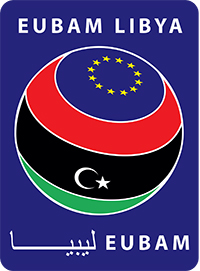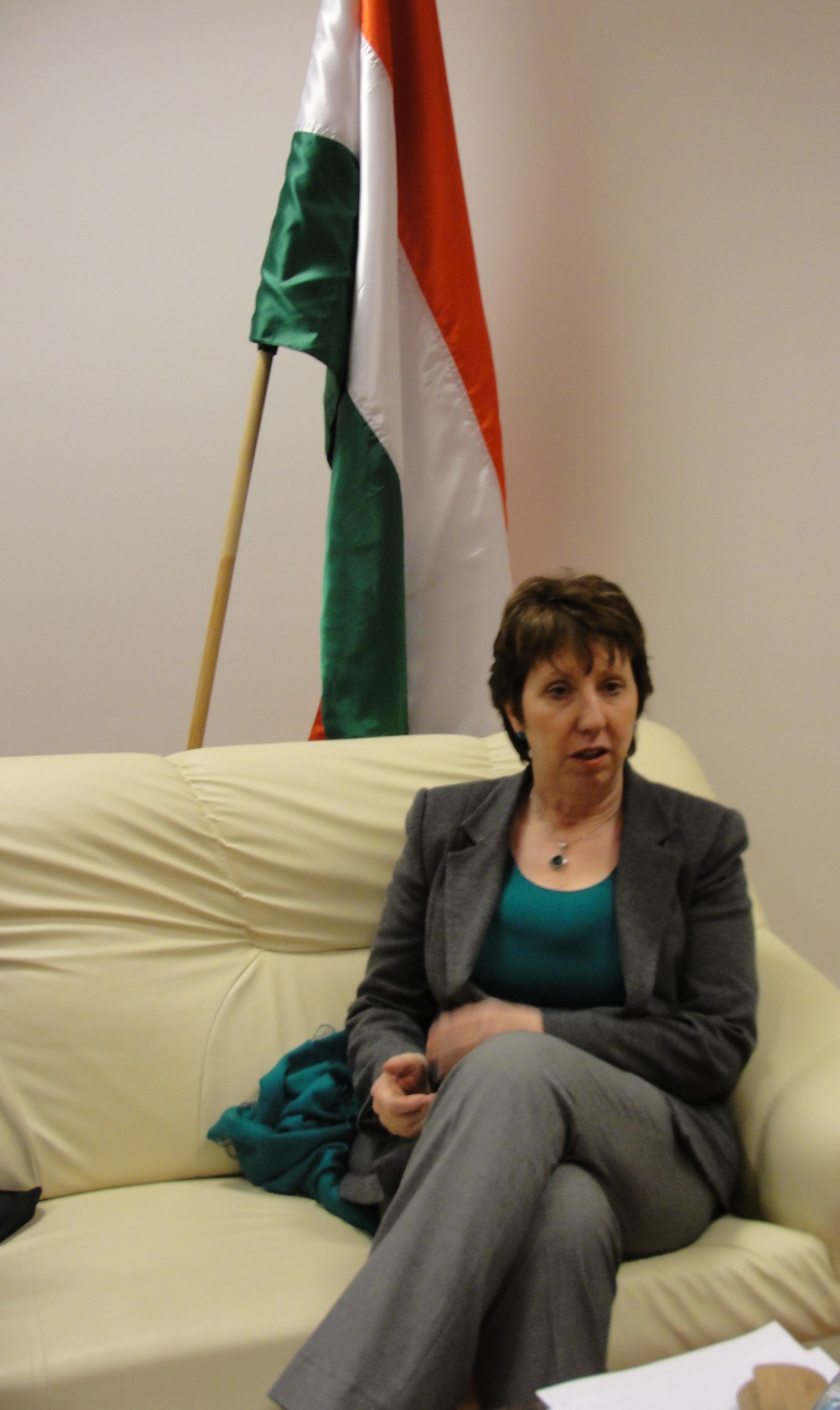The difficult daily life of EUBAM Libya
 (BRUSSELS2) The 45 men and women of the European Border Assistance Mission (EUBAM Libya) present in Tripoli find themselves today in a difficult situation, both because of the difficulty in the country but also because of the European procedures.
(BRUSSELS2) The 45 men and women of the European Border Assistance Mission (EUBAM Libya) present in Tripoli find themselves today in a difficult situation, both because of the difficulty in the country but also because of the European procedures.
An unstable, difficult country
“The highly volatile security situation is deteriorating. There is an increase in acts of political violence and assassinations but also of members of the police or military » recognizes Hansjörg Haber, the EU civilian mission commander. Certainly " It is not comparable with Afghanistan. But the kidnapping of the Prime Minister in the Corinthia hotel – where the members of the mission are staying – like the repeated and regular attacks on several European consulates or embassies is not the most reassuring. The mission guards were not spared. (Read : Some weapons missing in Libya… It happens). And in the country, it is not better. There " security » in particular in the south of the country and in the port of Misrata belongs to militias which maintain their independence vis-à-vis Tripoli. To this must be added the complex European rules which require public contracts to be awarded according to European legislation.
European difficulties
The mission must soon move to its new "HQ" located on the "Peacock" site. But the work has been delayed. The fault... is there to be sought on the side of the procedures to which the European missions are subject, which are identical to those practiced in Europe. A heresy according to crisis management specialists. " How do you want to apply in a country like Libya our public procurement rules as in Brussels, Berlin or elsewhere in Europe? - he explains one of them. It's very difficult. This slows down deployment and setting up missions. »
A repositioning of the mission
Although the official view is "no change", in fact the mission will evolve. Several options are being considered and currently being worked on. These include reviewing the mission's deployment schedule, i.e. having a slower pace, adapted to country conditions; and to plan a maximum of activities outside the territory, for training, in Malta for example. The fewer Europeans there are, the fewer men there are to protect. But he is " no question of giving up the mission”. On the contrary.
No reconstruction of a state at the snap of a finger
As MEP Annemie Neyts-Uyttebroeck explains, " We have incredibly underestimated the complexity and difficulty of the tasks ". " There is a whole reflection that we must carry out at European level on how to rebuild a State where this does not exist she says. " Each time, it will be complicated and difficult. Let's face it. We do not establish democracy, the rule of law with a snap of the law »
More details in the Club (EUBAM Libya faces difficulties. A reflection in progress)
Failed NATO training mission
The European difficulties are not isolated, as detailed to B2, a specialist in the area. Most countries have, in fact, broken their noses over the Libyan question: bilateral (British, Italian, etc.) or multilateral cooperation has fallen behind, not to say that it has stopped. Thus the great NATO project to train the Libyan "national guard" is for the moment at a standstill. So much so that the Secretary General of the Alliance announced today that he wanted to send an advisory mission to assist the Libyan defense structures. A project already announced in June in fact and reserved today. (read : NATO prepares training mission in Libya). The team would be small (about ten people) and not permanently established.
(Nicolas Gros-Verheyde and Leonor Hubaut)

